The Powerful Psychology of E-Bike Commuting: How Riding Electrically Boosts Your Brain and Mood (8 Parts)
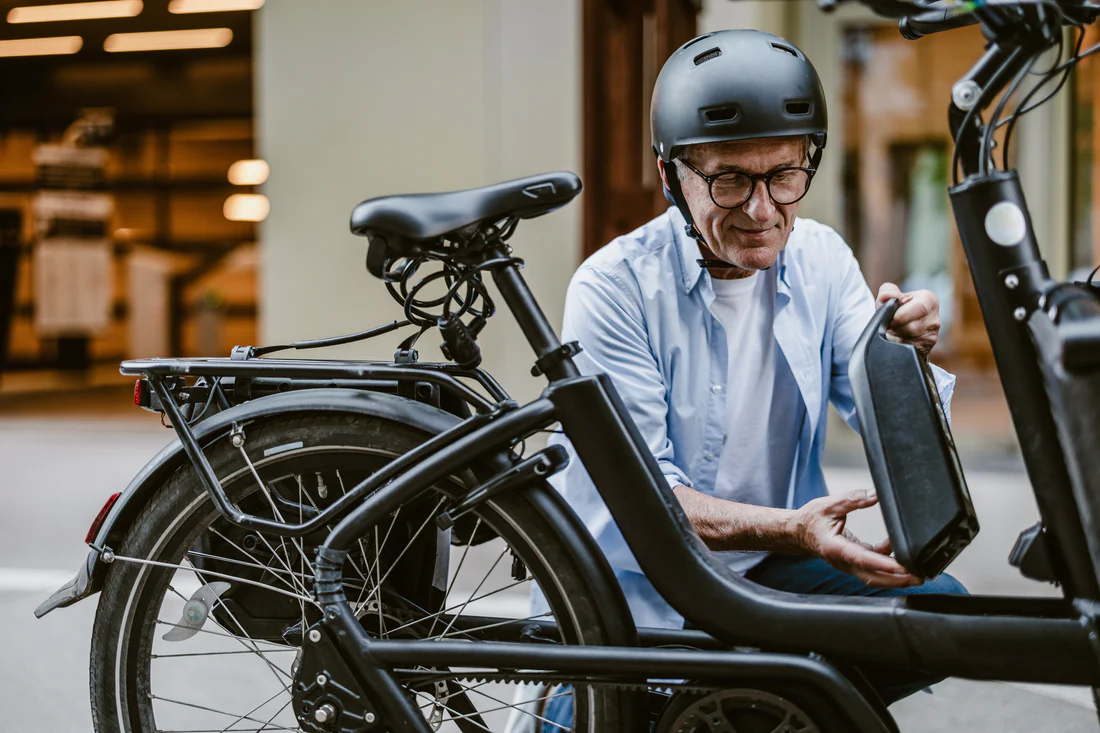
The Powerful Psychology of E-Bike Commuting: Transforming Mind and Mood
The Powerful Psychology of E-Bike Commuting extends far beyond the convenience and environmental benefits often highlighted in discussions about electric bicycles. This phenomenon is increasingly recognized by riders, urban planners, psychologists, and health professionals as a transformative force that reshapes not only our daily routines but also our mental well-being. Riding an e-bike blends gentle physical activity with exposure to the outdoors and a sense of autonomy, creating a unique psychological experience that positively influences brain function and emotional health.
One key aspect of the Powerful Psychology of E-Bike Commuting lies in its ability to reduce stress and anxiety. Unlike traditional commuting methods—such as driving in heavy traffic or using crowded public transit—e-bike riding offers a calming yet stimulating alternative. The mild aerobic exercise involved increases the production of neurotransmitters like dopamine and serotonin, which are vital for mood regulation. Additionally, navigating through urban environments on an e-bike requires active engagement and heightened situational awareness, which sharpens cognitive function and mental focus.
Moreover, e-bike commuting fosters a deep sense of personal freedom and control. Riders can choose scenic or less congested routes, avoid traffic jams, and experience the environment firsthand—factors that contribute to feelings of empowerment and psychological resilience. This independence also enhances motivation and daily purpose, crucial elements in maintaining long-term mental health.
Recent research increasingly supports these observations, highlighting the Powerful Psychology of E-Bike Commuting as a key factor in improving mental resilience, emotional balance, and overall well-being. As more cities invest in cycling infrastructure and promote e-bike adoption, understanding these psychological benefits will be essential for designing healthier, happier urban lifestyles.
E-bike commuting improves focus, mood, and cognitive health.
These verified tools help you optimize rides, monitor battery safety, and ensure a smooth, stress-free commute.
-
Ride Efficiency Tracker —
track your commute efficiency, distance, and energy use for a more mindful ride. -
Cleanliness Score Tool —
keep your e-bike clean and hygienic for a more pleasant commuting experience. -
Battery Health Checker —
check battery status to avoid unexpected stops or stress during your commute. -
Maintenance Planner
—
get a personalized maintenance schedule to keep brakes, tires, and drivetrain reliable. -
Tire Pressure Advisor —
maintain optimal tire pressure for a safer, smoother, and more comfortable commute. -
Smart Route Planner —
plan efficient, low-stress routes for faster and more enjoyable commuting.
Read More!
🧠 Cognitive & Emotional Benefits of the Powerful Psychology of E-Bike Commuting
- Reduced stress: One of the most compelling aspects of the Powerful Psychology of E-Bike Commuting is its ability to lower stress levels significantly. Scientific studies show that e-bike riders have reduced cortisol—the body’s primary stress hormone—compared to those commuting by car, especially during peak traffic hours. The combination of gentle physical exertion, fresh air, and the freedom to choose less congested routes helps mitigate the typical stress associated with daily travel.
- Increased dopamine: Assisted pedaling on an e-bike promotes light to moderate physical activity, which triggers the release of dopamine and other mood-regulating neurotransmitters. This biochemical boost contributes to feelings of pleasure, motivation, and emotional wellbeing. The Powerful Psychology of E-Bike Commuting leverages this natural mood enhancement, making riders feel more energized and positive throughout their day.
- Sharper focus: E-bike commuting demands continuous attention to surroundings, from navigating bike lanes to responding to traffic conditions. This active engagement heightens situational awareness and stimulates neuroplasticity—the brain’s ability to adapt and rewire itself. As a result, regular e-bike riders often report improved concentration, quicker decision-making skills, and better cognitive flexibility, all integral parts of the Powerful Psychology of E-Bike Commuting.
- Sense of autonomy: A key psychological benefit embedded in the Powerful Psychology of E-Bike Commuting is the feeling of autonomy and independence it fosters. Riders gain control over their route, pace, and timing, avoiding common frustrations like traffic jams and public transit delays. This regained personal agency not only enhances mood but also supports mental resilience, giving riders a stronger sense of empowerment in their daily lives.
The Powerful Psychology of E-Bike Commuting is clearly illustrated in the comparison below, highlighting how e-bikes offer a unique balance between physical activity, mental wellbeing, and practical commuting benefits. This table compares the psychological impacts of e-bikes, regular bikes, and private cars, showcasing why e-bikes are emerging as a preferred choice for improving mental health while navigating daily travel.
| Psychological Impact | E-Bikes | Regular Bikes | Private Cars |
|---|---|---|---|
| Stress Reduction | ✓ Significant due to light movement, fresh air, and increased sense of control, reducing cortisol levels effectively. | ✓ Very high due to more intense physical exertion, which strongly lowers stress hormones and boosts endorphins. | ✗ Low, with frequent exposure to traffic congestion, noise, and frustration, often increasing stress. |
| Mood Improvement (Dopamine & Serotonin) | ✓ High, moderate exercise stimulates mood-regulating neurotransmitters, supporting balanced emotional states. | ✓ Very high, due to intense aerobic activity which triggers a strong release of feel-good chemicals. | ✗ Low, prolonged sitting and passive commuting lead to lower stimulation of these mood enhancers. |
| Improved Focus & Alertness | ✓ Medium to high, as riders navigate dynamic urban environments, sharpening cognitive function and situational awareness. | ✓ High, requiring continuous motor coordination and decision-making, boosting neuroplasticity. | ✗ Low, driving can become monotonous and mentally fatiguing, reducing overall alertness. |
| Sense of Independence & Freedom | ✓ High, e-bikes empower riders to avoid traffic jams and select personalized routes, enhancing autonomy and psychological resilience. | ✓ Very high, offering maximum freedom of movement and exploration. | ✓ Medium, yet constrained by traffic patterns and parking availability, limiting true independence. |
| Exposure to Environment & Community | ✓ High, promoting connection to surroundings and social interactions that enhance mental wellbeing. | ✓ Very high, immersing riders fully in the environment and community. | ✗ Low, isolation inside vehicles limits environmental engagement and social contact. |
🚴♀️ Mental Health and Social Wellbeing: Insights from the Powerful Psychology of E-Bike Commuting
The Powerful Psychology of E-Bike Commuting plays a crucial role in enhancing mental health and fostering social wellbeing, going far beyond just the physical act of transportation. Regularly commuting on an e-bike encourages daily exposure to natural light and fresh air—two factors strongly associated with regulating circadian rhythms and improving sleep quality. This outdoor activity can reduce the severity of anxiety and depressive symptoms by boosting serotonin production and reducing stress hormones, contributing to a more stable and positive mood throughout the day.
Beyond individual benefits, the social aspect of e-bike commuting significantly enriches riders’ sense of connection. Unlike isolated car rides or crowded public transit, e-bike riders often engage in small but meaningful social interactions—whether it’s exchanging nods with fellow cyclists, sharing smiles with pedestrians, or participating in spontaneous community events along popular cycling routes. These interactions build a sense of belonging and shared identity, which are fundamental to psychological resilience and overall life satisfaction.
The Powerful Psychology of E-Bike Commuting also contributes to a positive feedback loop: as riders feel mentally refreshed and socially connected, they are more likely to continue and even increase their cycling habits. This creates a sustainable lifestyle pattern that supports long-term emotional balance and social cohesion within urban environments.
“Riding my e-bike every morning changed how I show up at work—calmer, more focused, and happier overall.”
– Testimonial from a New York City commuter
📈 Emerging Research in Neuropsychology: Unveiling the Powerful Psychology of E-Bike Commuting
The Powerful Psychology of E-Bike Commuting is gaining increasing recognition in the scientific community, especially within the field of neuropsychology. Recent studies conducted by leading European transport and health institutes reveal that e-bike users tend to score significantly higher in measures of mental resilience, emotional stability, and a sense of daily purpose compared to those who commute by car or subway. This cognitive and emotional advantage is largely attributed to the unique combination of light physical movement, exposure to fresh air, and mild cardiovascular activity inherent to e-bike riding—factors that stimulate brain function and promote neurochemical balance.
University pilot studies are beginning to delve deeper into how e-bike commuting enhances executive functions such as working memory, cognitive flexibility, and emotional regulation. These studies suggest that the active engagement required when riding—navigating traffic, maintaining balance, and adapting to changing environments—contributes to enhanced neuroplasticity and improved stress management. The emerging data highlights that e-bike commuters not only enjoy physical health benefits but also reap significant psychological gains, aligning closely with the Powerful Psychology of E-Bike Commuting concept.
Supporting this growing body of evidence, a 2022 study published in the Frontiers in Psychology journal found that e-bike riders experienced higher emotional wellbeing and reported markedly lower perceived stress levels compared to non-cyclists. This study underscores the fact that even moderate physical activity combined with meaningful interaction with the environment can profoundly influence brain chemistry, mood, and overall mental health. As more research unfolds, the Powerful Psychology of E-Bike Commuting continues to reveal itself as a transformative factor in modern urban living and personal wellbeing.
🌤️ A Natural Antidepressant? Exploring the Powerful Psychology of E-Bike Commuting
While e-bikes are certainly not a replacement for professional mental health treatment, the Powerful Psychology of E-Bike Commuting suggests that daily e-bike rides act as a natural antidepressant for many users. Riders frequently describe their journeys as “therapy on wheels,” highlighting how the gentle, rhythmic movement combined with consistent exposure to the outdoors fosters an elevated emotional state. This experience stimulates the release of endorphins and other mood-enhancing neurotransmitters, contributing to feelings of happiness and calm.
Unlike passive commuting methods—such as sitting in traffic or crowded public transit that often exacerbate stress and fatigue—e-bike commuting offers the brain an opportunity to reset and recharge. The mild physical activity enhances blood flow to the brain, while the connection to natural surroundings helps reduce rumination and negative thought patterns often linked to depression. This restorative effect aligns directly with the Powerful Psychology of E-Bike Commuting, as the habit of riding consistently builds mental resilience, reduces symptoms of anxiety, and promotes a more balanced emotional outlook over time.
As this cycling ritual becomes part of daily life, its cumulative psychological benefits multiply, reinforcing positive neural pathways and encouraging healthier coping mechanisms. In essence, e-bike commuting functions as an accessible, enjoyable, and effective tool for enhancing mood and supporting mental wellbeing, making it a valuable complement to broader mental health strategies.
🔍 Should You Try It? Unlocking the Benefits of the Powerful Psychology of E-Bike Commuting
If you’re considering a change to your daily commute, the Powerful Psychology of E-Bike Commuting offers compelling reasons to give e-biking a try. Whether you’re looking to replace a stressful train ride or cut down on car usage, integrating e-bike commuting into your routine may be one of the most accessible and effective ways to boost your mental health without causing disruption. The ease of assisted pedaling reduces physical barriers, making it suitable even for those who might find regular cycling intimidating or too strenuous.
It’s best to start gradually—commuting once or twice a week is enough to begin noticing positive shifts in mood, energy levels, and cognitive clarity. Many riders report feeling more energized and mentally alert throughout the day, along with reduced feelings of stress and anxiety. This isn’t just anecdotal; the Powerful Psychology of E-Bike Commuting is supported by emerging research showing that even moderate physical activity combined with environmental engagement can produce rapid and lasting psychological benefits.
As you build this habit, you may find that the commute itself becomes a time of mental rejuvenation—a deliberate pause in your day where you reconnect with yourself and your surroundings. The sense of autonomy and freedom fostered by e-bike riding also contributes to improved self-esteem and resilience. Ultimately, the Powerful Psychology of E-Bike Commuting isn’t just a concept to read about—it’s a lived experience that can enhance your wellbeing starting with your very first ride.

🛠️ Practical Tips to Harness the Powerful Psychology of E-Bike Commuting
Now that you understand the Powerful Psychology of E-Bike Commuting and its profound impact on mental and emotional wellbeing, the next step is to actively cultivate these benefits in your daily routine. By adopting intentional strategies, you can transform your e-bike commute from mere transportation into a powerful catalyst for improved mood, reduced stress, and heightened cognitive function.
- Choose scenic routes: Incorporating even slight detours through green spaces, parks, or waterfront paths taps into the restorative effects of nature exposure. This connection with natural environments amplifies feelings of calm, reduces rumination, and enriches the mental health advantages embedded in the Powerful Psychology of E-Bike Commuting.
- Time your rides for mental clarity: Scheduling rides during early mornings or after work helps create natural mental resets. These rides serve as transitions—morning rides can set a positive, focused tone for the day, while evening rides facilitate unwinding and cognitive decompression, reducing accumulated fatigue and stress.
- Make it part of a ritual: Pair your commute with mindfulness practices such as deep breathing exercises, intentional gratitude reflections, or listening to a favorite playlist or podcast. This integration turns your ride into a purposeful self-care routine, reinforcing the emotional and psychological benefits of the Powerful Psychology of E-Bike Commuting.
- Track your feelings: Keeping a simple journal or using mood-tracking apps before and after rides can help you recognize patterns and tangible improvements in your mental state. This conscious awareness not only motivates consistency but deepens your understanding of how e-bike commuting supports emotional balance and personal growth.
By consciously implementing these practical tips, your e-bike commute evolves into more than just a method of travel—it becomes an essential tool for nurturing emotional resilience, mental clarity, and sustained wellbeing. This is the essence of the Powerful Psychology of E-Bike Commuting—transforming everyday movement into a transformative, empowering experience.
Suggested topics:
E-Bikes and Batteries Recycling
AI and Smart Sensors
Smart Urban Riding Etiquette
E-Bike Storage Solutions
Puncture-Resistant E-Bike Tires
🎥 Watch: Learn how e‑biking improves your mental health, reduces stress, and enhances focus — backed by science and real rider stories.
✨ Final Thoughts on the Powerful Psychology of E-Bike Commuting
E-biking transcends mere transportation or environmental consciousness; it reshapes how we engage with the world and ourselves each day. The Powerful Psychology of E-Bike Commuting reveals that this form of mobility is a gateway to enhanced mental clarity, emotional resilience, and a deeper sense of connection—both internally and within our communities. By integrating e-bike commuting into your routine, you’re not just improving your physical health or reducing your carbon footprint; you’re actively cultivating a mindset that supports wellbeing, reduces stress, and fosters personal empowerment.
Whether your goal is to break free from the anxiety-inducing gridlock of traffic, sharpen your focus before a demanding workday, or simply feel more grounded and present, the Powerful Psychology of E-Bike Commuting offers a compelling, evidence-backed path forward. This transformative experience is accessible to almost anyone, regardless of fitness level or urban environment, making it a practical and impactful lifestyle choice in today’s fast-paced world.
Why not take the first step and embrace e-bike commuting? Even a few rides can initiate meaningful shifts in your mood, energy, and outlook. As you experience these benefits firsthand, you’ll discover how this simple change can ripple through many areas of your life, inspiring healthier habits, stronger social ties, and greater joy in everyday moments.
Want to Learn More?
Explore our other articles about the emotional and environmental benefits of e-mobility and how to make it part of your daily lifestyle.
❓ Frequently Asked Questions (FAQ) about the Psychology of E-Bike Commuting
Does e-bike commuting really reduce stress?
Yes. Studies show that e-bike commuters experience lower cortisol levels compared to drivers, thanks to light physical activity, fresh air, and greater control over their routes.
Can riding an e-bike improve mental focus?
Absolutely. The active engagement required in traffic sharpens situational awareness, boosts neuroplasticity, and improves overall concentration throughout the day.
Is e-bike commuting suitable for people with low fitness levels?
Yes. Assisted pedaling reduces physical strain, making e-bikes accessible to beginners or those who find regular cycling too demanding, while still offering psychological benefits.
How does e-bike commuting affect social wellbeing?
E-bike riders often engage in small social interactions—like greetings with other cyclists or pedestrians—which strengthen community bonds and foster a sense of belonging.
Can e-bike commuting help improve sleep quality?
Yes. Light daily activity combined with reduced stress from commuting often leads to deeper, more restorative sleep cycles.
Does commuting by e-bike increase overall happiness?
Definitely. Many riders report a stronger sense of freedom, enjoyment, and accomplishment compared to driving, which contributes to greater daily happiness.
Is e-bike commuting beneficial for workplace productivity?
Yes. Arriving at work energized, less stressed, and more focused can improve productivity, creativity, and overall job satisfaction.


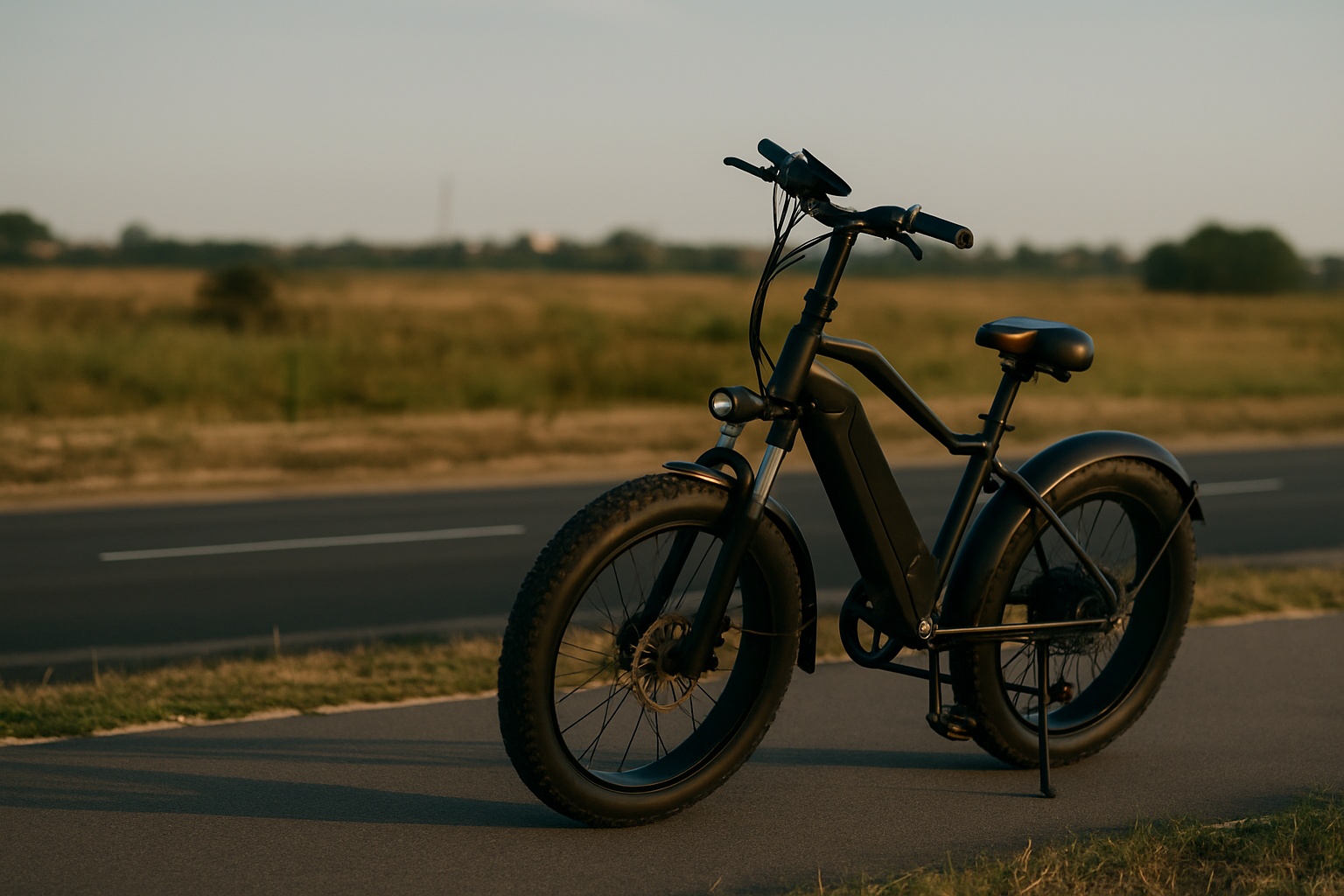
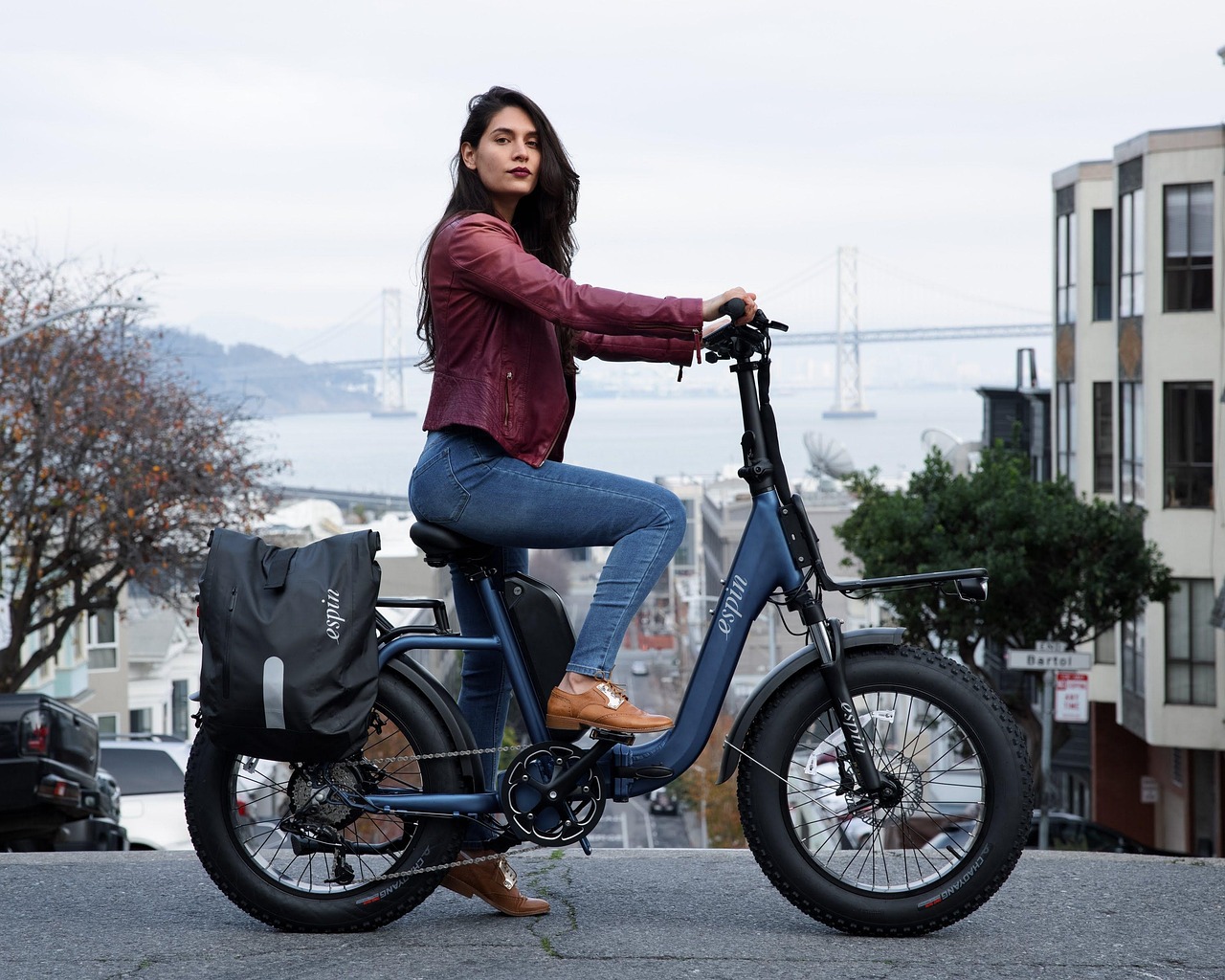
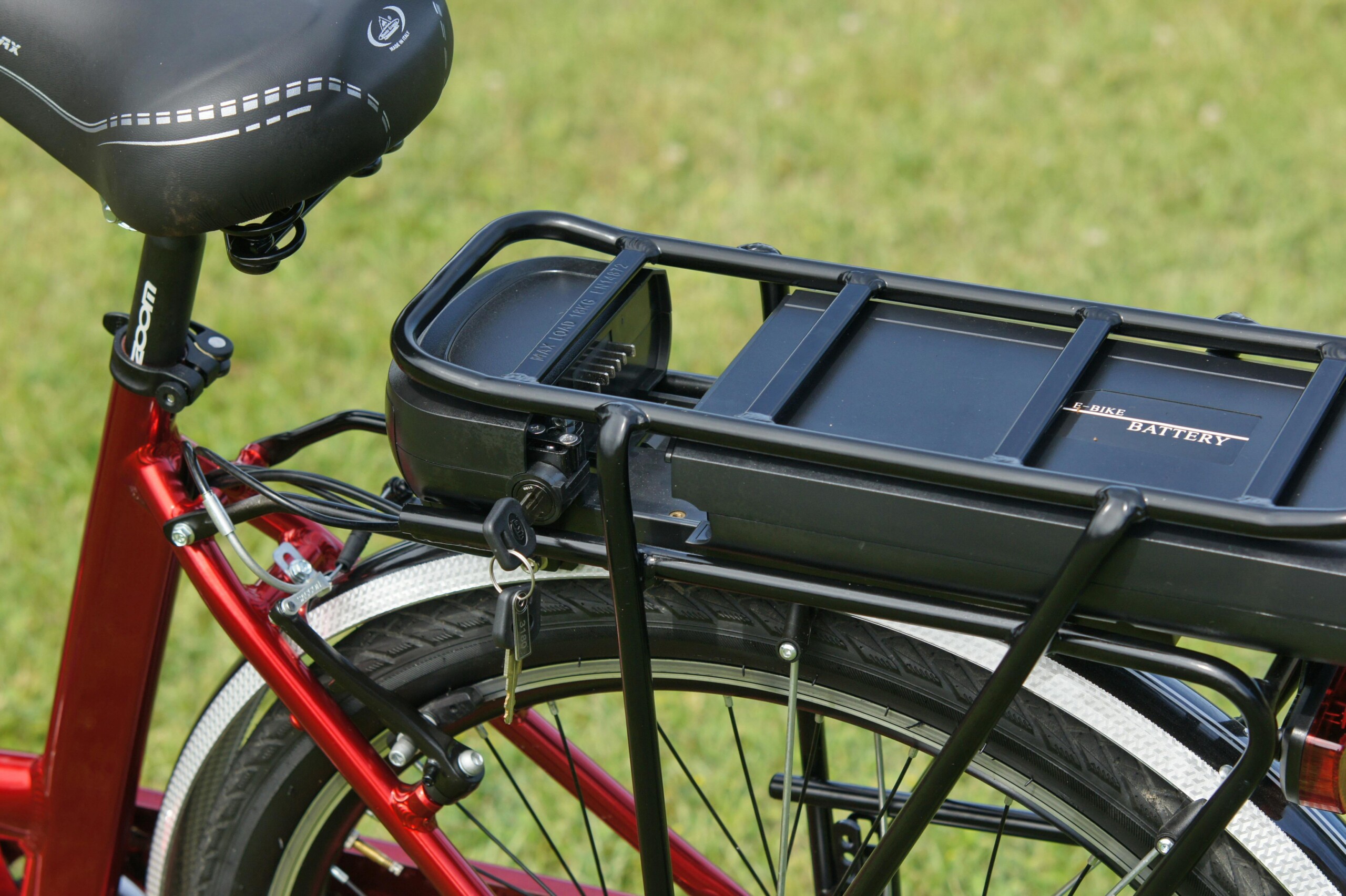

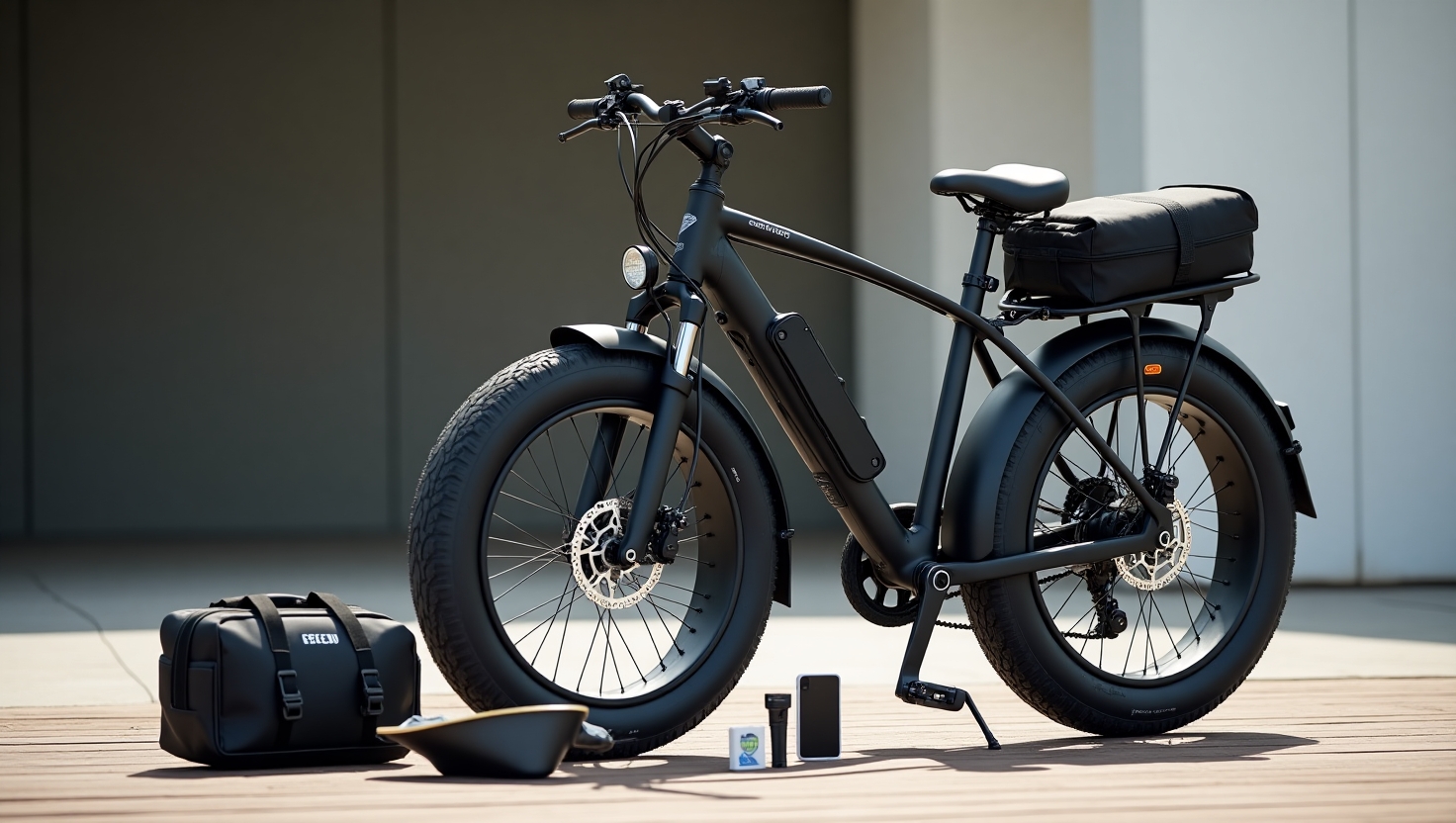




Your point of view caught my eye and was very interesting. Thanks. I have a question for you.